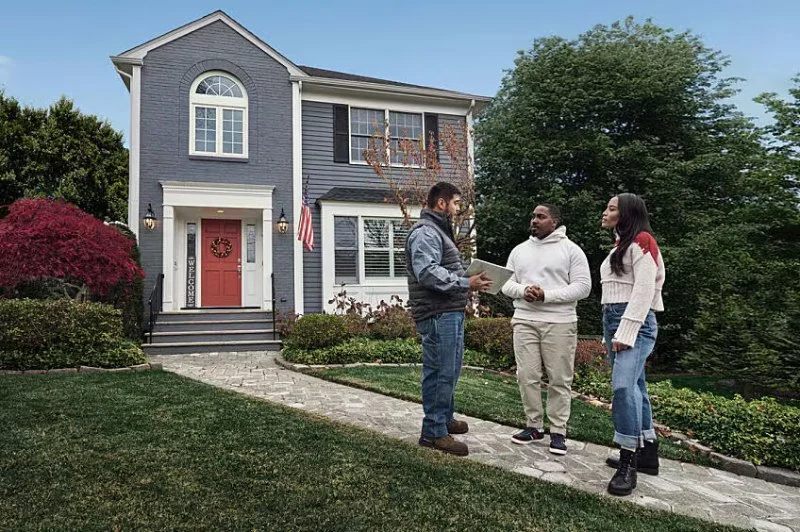
1. What is a Roof Square? Understanding Roofing Measurements for Quotes
The term "roof square" might sound unfamiliar to many, especially if you're planning to replace or repair your roof. However, it is a key measurement used in the roofing industry to determine both the quantity of materials required and the overall cost of a roofing project. Understanding how a roof square works can significantly help homeowners and contractors alike to make accurate estimates and ensure that the project runs smoothly. In this article, we’ll dive deep into what a roof square is, how to measure it, and why it matters when getting roofing quotes.
- Importance of Roof Square in Roofing Projects
- How to Measure a Roof Square
- Calculating Cost Based on Roof Square
- Common Mistakes to Avoid When Estimating Roof Squares
- Why Choose BeachCo Roofing Hub for Your Roofing Needs
2. Importance of Roof Square in Roofing Projects
Understanding the roof square is essential for both contractors and homeowners when estimating the amount of roofing material required for a job. A "roof square" is equal to 100 square feet of roof area, and it helps calculate the amount of shingles, underlayment, and other materials needed. This measurement not only aids in purchasing the right amount of material but also assists in generating an accurate quote.
By using roof squares, contractors can avoid over-ordering materials, which helps save money and time. For homeowners, understanding roof squares allows them to communicate more effectively with contractors and avoid unexpected costs during the project.
3. How to Measure a Roof Square
To measure the size of your roof in squares, start by calculating the total area of your roof in square feet. Follow these steps:
- Measure the length and width of each section of your roof. Be sure to break down complicated roof shapes into smaller sections.
- Multiply the length and width of each section to get the square footage.
- Sum up the square footage of all sections of the roof to get the total area.
- To convert the total area into roof squares, divide the total square footage by 100 (since one roof square equals 100 square feet).
For example, if your roof is 2,000 square feet, you would divide 2,000 by 100 to get 20 roof squares. This gives you a basic idea of how many squares of shingles or other materials you need for your project.
4. Calculating Cost Based on Roof Square
The cost of a roofing project often depends on the number of roof squares involved. Roofing material prices vary, and so do labor costs, but understanding how the roof square affects these calculations is vital. The average cost of roofing materials, including shingles and underlayment, typically ranges from $90 to $100 per square, though this can vary depending on the material choice (asphalt, metal, tile, etc.).
In addition to materials, labor costs are also typically estimated based on the number of roof squares. For example, roofing contractors might charge $150 to $200 per square for labor, depending on your location and the complexity of the roof.
Thus, if your roof requires 20 squares, the total material cost could be $2,000 (20 x $100 per square), plus labor fees. Always request detailed quotes that break down the costs for a clearer understanding of your budget.
5. Common Mistakes to Avoid When Estimating Roof Squares
Estimating roof squares can seem straightforward, but there are common mistakes that many people make when calculating roof measurements. Here are a few tips to avoid these pitfalls:
- Ignoring roof pitch: The pitch of your roof, or its slope, affects the total area. Steep roofs require more materials than flat ones. Be sure to factor in the pitch when calculating the area.
- Overlooking roof features: Features such as chimneys, skylights, and valleys can reduce or increase the total square footage. Make sure to measure these areas accurately.
- Not considering waste factor: It's essential to account for waste—shingles often need to be trimmed, and cuts will result in material loss. A good rule of thumb is to add 10% more materials for this factor.
6. Why Choose BeachCo Roofing Hub for Your Roofing Needs
At BeachCo Roofing Hub, we understand the complexities of roofing projects and are dedicated to helping homeowners make informed decisions. Our platform offers detailed product listings, expert advice, and a selection of the best roofing materials tailored to your specific needs. Whether you're looking for shingles, underlayment, or experienced contractors, BeachCo Roofing Hub provides everything you need to complete your roofing project with confidence.
Visit us today to learn more about roof squares and receive the best recommendations for roofing materials, services, and professionals in your area.
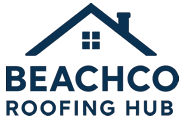
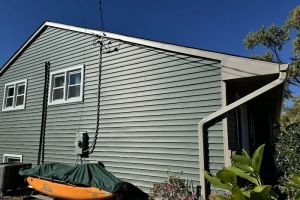

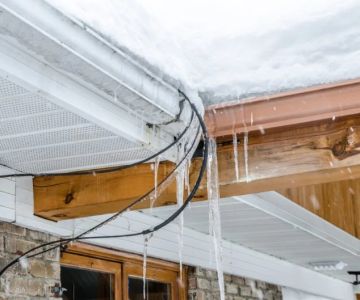
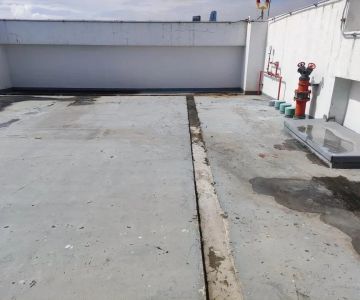
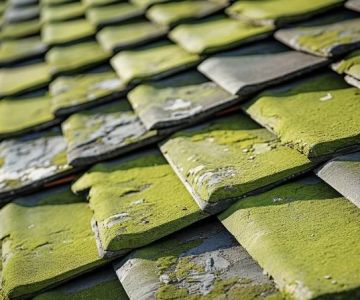
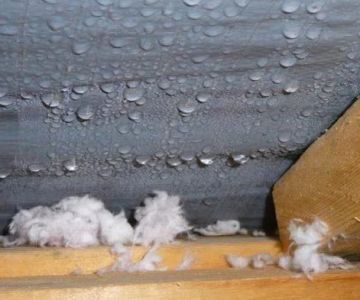
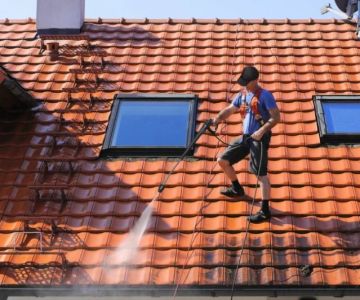
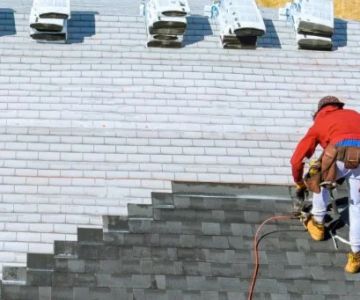
 All-Star Home Improvement5.0 (9 reviews)
All-Star Home Improvement5.0 (9 reviews) NY Home Remodeling Contractors5.0 (4 reviews)
NY Home Remodeling Contractors5.0 (4 reviews) MDX Roofing0.0 (0 reviews)
MDX Roofing0.0 (0 reviews)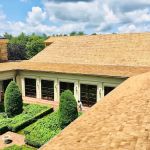 TC Roofing LLC4.0 (29 reviews)
TC Roofing LLC4.0 (29 reviews) Top Guard Roofing & Construction5.0 (36 reviews)
Top Guard Roofing & Construction5.0 (36 reviews)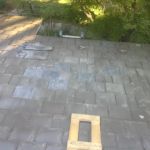 J Wilson Enterprises Slate Roofing5.0 (79 reviews)
J Wilson Enterprises Slate Roofing5.0 (79 reviews)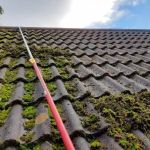 The Pros and Cons of a Nano-Coated Roof Surface for Easy Cleaning
The Pros and Cons of a Nano-Coated Roof Surface for Easy Cleaning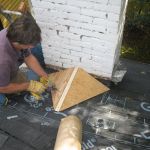 How to Install a Roof Cricket Behind a Rooftop Stairwell Enclosure
How to Install a Roof Cricket Behind a Rooftop Stairwell Enclosure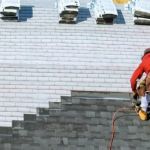 What is a Roofing Maintenance Plan and Is It Worth It? | Benefits and Considerations
What is a Roofing Maintenance Plan and Is It Worth It? | Benefits and Considerations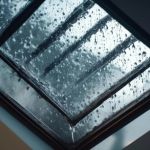 Skylight Leak Repair: Common Causes and How to Waterproof Your Skylight
Skylight Leak Repair: Common Causes and How to Waterproof Your Skylight How to Install a Roof Vent for a Commercial Kitchen Exhaust System
How to Install a Roof Vent for a Commercial Kitchen Exhaust System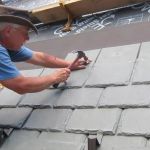 How to Install a Roof Underlayment for a Synthetic Slate Roof: A Complete Guide
How to Install a Roof Underlayment for a Synthetic Slate Roof: A Complete Guide